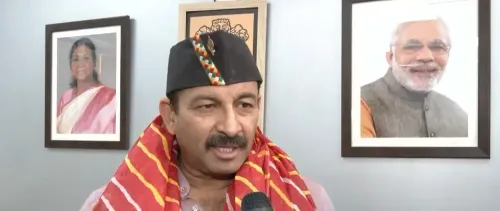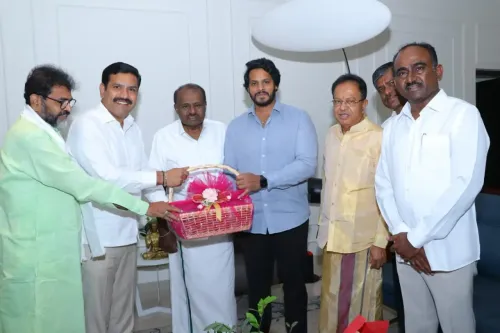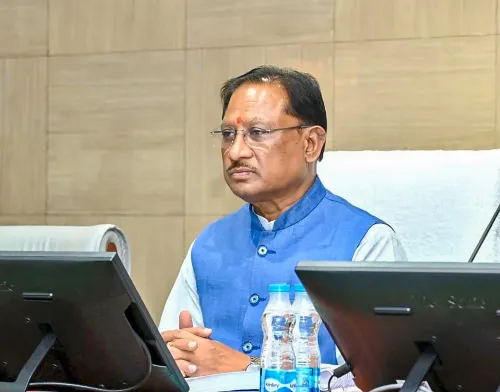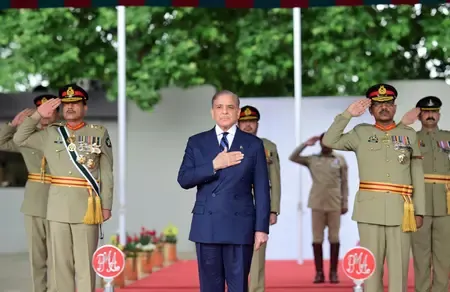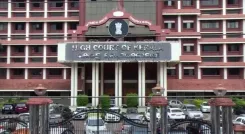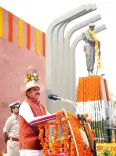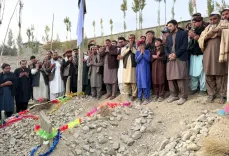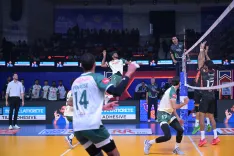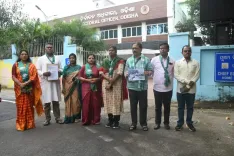Why Did Bengali Actress Sreelekha Mitra File a Petition in HC?

Synopsis
Key Takeaways
- Sreelekha Mitra's petition highlights the risks of speaking out against authority.
- Social media threats have become a common response to dissent.
- The Calcutta High Court is set to hear her case next week.
- Many medical professionals have faced backlash for their involvement in protests.
- Calls for justice remain unaddressed, raising concerns about accountability.
Kolkata, Sep 3 (NationPress) Renowned actress, Sreelekha Mitra, took a significant step on Wednesday by filing a petition in the Calcutta High Court, seeking protection from social harassment due to her outspoken criticism of the Mamata Banerjee-led government. Her concerns primarily revolve around the horrific rape-murder of a female doctor affiliated with the state-run R.G. Kar Medical College & Hospital.
The court has granted her permission to file the petition, and once accepted, it will be scheduled for a hearing next week.
On August 9, marking the first anniversary of the tragic incident, Mitra joined a protest rally where she posed critical questions to the state government regarding the continued denial of justice for the victim and her family even after a year.
In her petition, the acclaimed Bengali actress asserts that she has faced threats on social media since her advocacy began, feeling that there is a concerted effort to socially marginalize her.
She reported that numerous banners and posters with derogatory messages have been displayed outside her residence in Behala, located in the southern outskirts of Kolkata.
Mitra indicated that despite filing an email complaint with the local Haridevpur Police Station, no action has been taken, prompting her to seek judicial protection from the High Court.
Social ostracism and punitive measures against those voicing dissent regarding the R.G. Kar tragedy have been rampant since protests began in August of the previous year.
Medical professionals, both senior and junior, affiliated with state-run institutions, have particularly borne the brunt of these repercussions as they became prominent figures in the movement. Many have faced arbitrary transfers to distant locations, and some have been subjected to dubious disciplinary actions.

